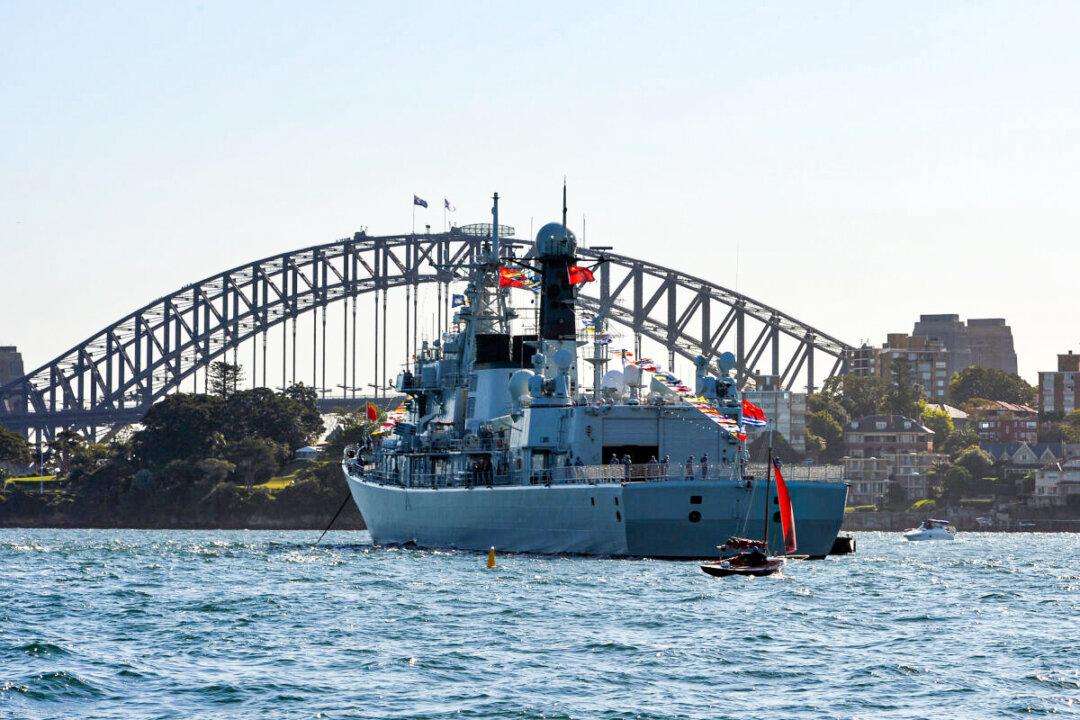Chinese and Russian military officials have been barred from attending a major international naval conference in Sydney, Australia, attended by naval chiefs from 40 countries.
In previous years, officers from the Chinese People’s Liberation Army-Navy were invited to attend the biennial Indo-Pacific 2022 International Maritime Exposition—the first one held since the pandemic ended.





